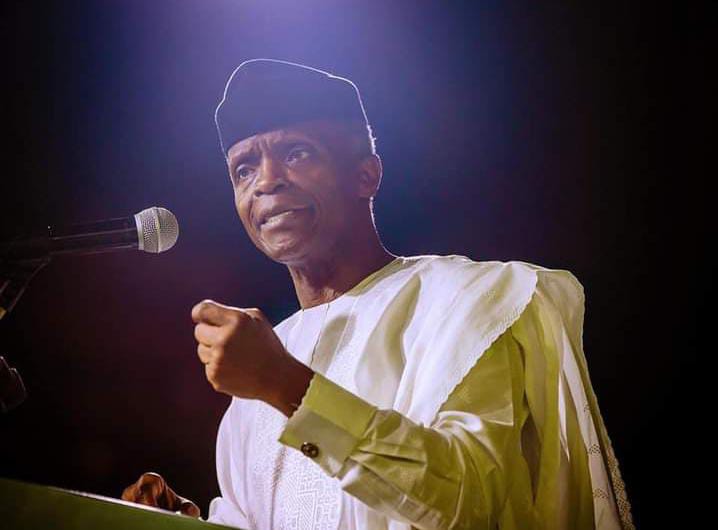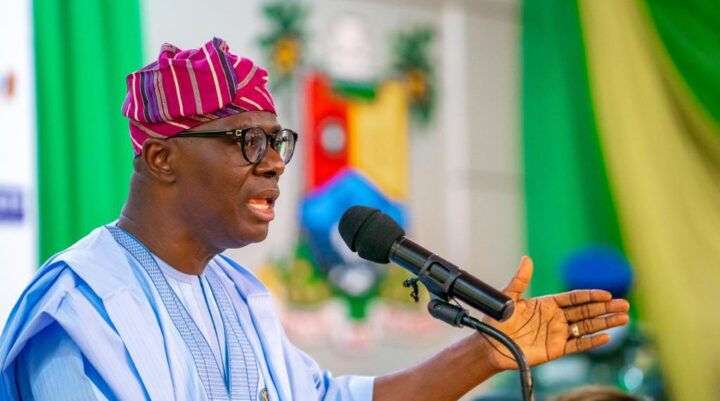BY DUMEBI FAVOUR EZEKEKE
As a growing child, most Nigerians speculated on the ways to turn trees into cash. We all dreamt that the big mango tree behind our building somehow shed naira notes instead of the annoying dried leaves. But obviously, you cannot turn trees into cash because, trees are just trees and cash is, well, a different story. This same mentality was how we all looked at waste. When a product becomes waste, it is supposed to stay as it is – waste! But, countries like China have crushed this mentality by turning waste to mass income boosters.
Surprised yet?
Let’s bring the idea back home.
Advertisement
Have you considered the Waste problem in Anambra state?
According to the data derived from the Clean-up Nigeria initiative and United Nations Environment Program, in 2021, Anambra state was classified as the 4th dirtiest state in Nigeria after Abia, Lagos, and Kogi.
Consider this position and the increasing awareness and advocacy for sustainable practices towards the environment, you can now understand and maybe appreciate the focus of the Chukwuma Soludo administration on environmental issues.
Advertisement
However, can we say the state government has done enough in mitigating the growing waste crisis?
Can Prof. Soludo convert the 4th dirtiest state in Nigeria to a clean, green, and sustainable state?
Will Anambra state be the next China and convert the problem into an opportunity? These are questions the state government will have to consider especially as this administration marks one year in office.
A LOOK AT ANAMBRA STATE’S LOOMING WASTE CRISIS.
Advertisement
The imagination, they say, is gotten from flashes of reality. Even with my eyes closed and my imagination on overdrive, I can never picture Anambra state as a clean state. The filth of the streets is too entrenched in my memory, thinking otherwise is like an unrealistic dream.
Through various reports, the world is paying attention to waste flashpoints in places like Onitsha and Nnewi. But, the state’s capital is doing just as badly with waste management. In Ifite Awka, the residential area mostly populated with students from Nnamdi Azikiwe University, it is almost impossible to take a stroll without looking over your shoulders every two seconds. Since you are sharing the sidewalk with the incinerators and its overflowing waste, you have to look out for vehicles that may kill you. The gutters are no longer used for the free passage of water but, for subsidiary incinerators. It is unknown to Ndi Anambra that pouring waste into the gutters does not solve the problem. Rather, like an unwanted house rat that is not taken care of, it breeds more!
While the waste management efforts of the state can be critiqued, it goes beyond that. There is a laissez-faire attitude of Ndi Anambra to their environment. Indiscriminate dumping of refuse, public urination, burning of waste, and plain unconcern for the sanitation of the environment is a norm in the State.
Cripped with the unawareness and irresponsibility of the people towards the environment and the non-payment of sanitation levies, you begin to wonder how the state is expected to implement waste management operations…
Advertisement
HAVE THE GOVERNMENT FULFILLED ITS PROMISES?
Fortunately, it seems that the Anambra state governor, Prof. Chukwuma Soludo, is not unaware of the problem. He made adequate reference to it in his manifesto. Lack of jobs, annual flooding, low fiscal capacity, increasing waste generation, and poor waste management were referenced.
Advertisement
Since his inauguration, the state has had a major intervention led by the deputy governor into the waste crisis. Also, just recently, the state’s executive council inaugurated a committee on waste management. From that committee, a report was generated disclosing the state’s plans for waste management.
In the past month, the committee surveyed dumpsites, explored waste management strategies, and appointed more sanitation workers, among other things. The committee also produced the first policy document to guide the administration’s efforts in waste management. The document advised for about 5000 road sweepers and desilting personnel to be hired. It also discussed the need for a partnership with the private sector, especially in recycling.
Advertisement
Although these plans are still just on paper, it is a step in the right direction.
CAN ANAMBRA BECOME THE NEXT CHINA?
Advertisement
In this era, waste in a state is synonymous with untapped gold. It is just like having money under your bed that you cannot use because you do not have access. An example of potential income generation in the sector is waste-to-energy conversion. This is the use of waste via tactics like incineration, pyrolysis, gasification, etc, to generate energy. This particular strategy is receiving the world’s attention due to the increase in climate change awareness. In addition to this, the major contributors of energy globally are locked in a war. This has led to an increase in demand for energy at a global level.
Right now, the world is focusing on sustainable practices especially as it concerns the environment and the production of energy. Whether this is spurred by guilt from developed countries or genuine concern for the environment or warnings of global warming, Anambra state can leverage the current trend.
With intentional efforts, the state can benefit from numerous funding from private partners, development financial institutions, INGOs, and relevant funding bodies from the UN, AU, and even Nigeria’s environment intervention funds.
Waste to Energy generation is not the only GDP booster in this case. Recycling plants, composting facilities, and landfill captures are also effective in this scenario. In Japan, recycling plants alone generates about 1% of the Country’s GDP. Since the State already generates tons of waste, it can also put it to proper use.
Change, they say, begins from the mindset. Thus, by educating the people of Anambra state, through awareness campaigns and programs, about 50% of the waste problems in the state will also be solved. Investing in waste management startups is also an effective way of doing this. This will create job opportunities for the youths while ensuring a return on investment from both private and government bodies.
Let’s face it, building a road or erecting a statue may look nice but investing in waste management is a necessity the government cannot afford to ignore. Regardless of the roads, hospitals, schools, etc that the government might invest in, a dirty state is just that; a dirty state.
Ndi Anambra was promised a livable, prosperous, and smart city with a clean, green, and sustainable environment. The state is not equipped to achieve this lofty goal on its own. There are numerous opportunities to be explored in the waste-to-energy, waste-to-wealth, and recycling sectors. With the right partnership, the state can and will not only handle the waste problem but will convert the perceived crisis into an enormous cash cow.
Dumebi Favour Ezekeke can be reached via +2347035318057 and [email protected]
Views expressed by contributors are strictly personal and not of TheCable.
Add a comment






